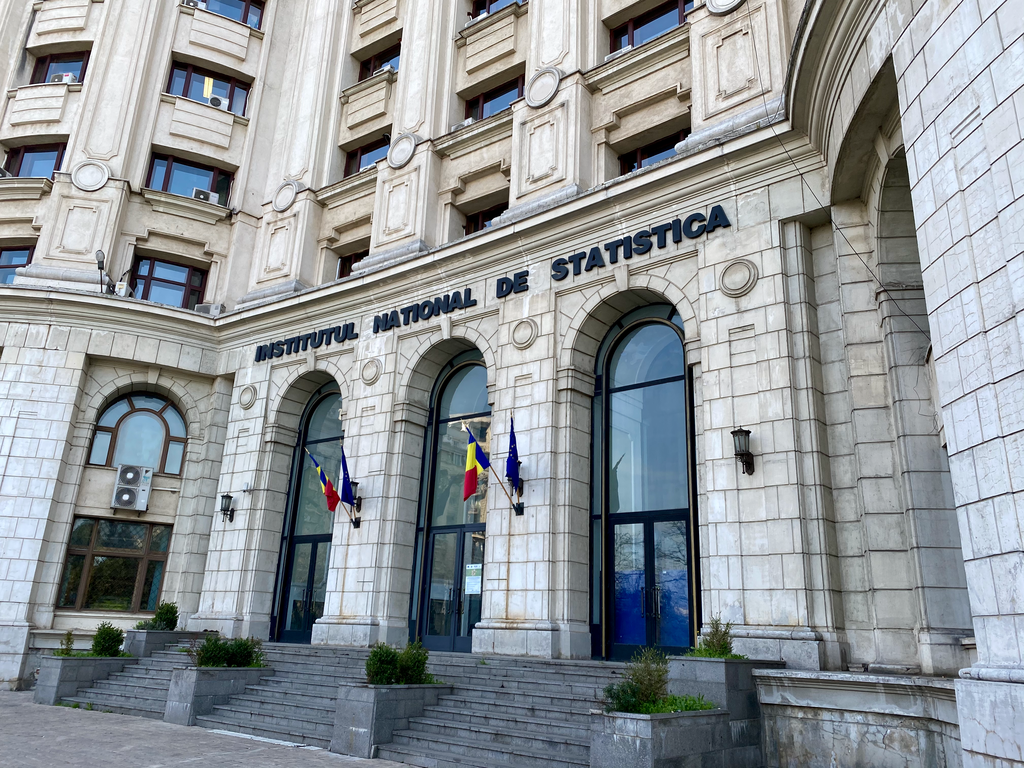
Please follow us on Gab, Minds, Telegram, Rumble, GabTV, Truth Social, Gettr
Romania’s National Institute of Statistics released the preliminary results of the country’s 2022 census and it revealed some disturbing trends. The results show a declining population, one that is older and less adherent to religious values. While the overall level of education of the population has improved since the previous census in 2011, these new results make it clear that the government must take decisive action to create new opportunities for young people so that they are not forced to leave the country to build a prosperous future for their families.
The total population of Romania in the 2022 census is recorded as 19,053,815, down 1,067,826 from the previous census. 9,941,200, or 52.2%, of people live in urban areas, while the remaining 47.8% lives in rural areas. Of Romania’s 42 counties, including the municipality of Bucharest, 39 recorded a population decline. Only Ilfov, Bistrița-Năsăud, and Suceava saw increases. The biggest population declines were seen in Caraș-Severin, which was down 16.6%, and Teleorman, down 14.9%. The population of the capital city of Bucharest declined by 166,400 or 8.8%. This was offset by gains in adjacent Ilfov county, meaning more people are moving out of the city to the suburban areas as the cost of living in the capital becomes prohibitive for many Romanians.
As for the gender makeup of the population, 9,808,300 or 51.5% is female, with the remaining 48.5% male. Romania rightly only recognizes two genders, having not yet given into the gender insanity plaguing the West.
Of the 16,568,900 respondents who declared their ethnic origin, 14,801,400 or 89.3% consider themselves to be Romanian. 1,002,200, or 6%, identified as Hungarian, a reduction of 0.5% from the previous census. 569,500 identified as Roma (or Gypsies), representing 3.4% of the population, up 0.1% from the last census. Other ethnic groups who registered numbers above 20,000 include: Ukrainians 45,800, Germans 22,900, and Turks 20,900.
Another disturbing trend was revealed by the declared religious appurtenance of the population. As religious belief underpins the moral fabric of society and is an integral part of Romanian culture and identity, the statistics revealed in the new census are concerning. Only 16.397,300 respondents declared a religious affiliation, down significantly from the 18,861,900 who did so in the 2011 census. Of those who did: 85.3% adhere to the Orthodox faith, down 1.2% from the previous census; 4.5% Roman Catholic, down 0.1% from 2011; 3% Reformed, down 0.2%; Pentecostals, 2.5%, an increase of 0.6%. Other denominations include Greek Catholics, 0.7%; Baptists, 0.6%; Seventh Day Adventists, 4%; and Muslims, 0.4%. All other denominations represent less that 0.4% of the population. An unsettling 0.9% of the population declared themselves atheist or agnostic.
The country did see an increase in the overall education level of the population. Those who completed at least a high school degree represent 43.5% of the population, up 2.1% from the previous census. 40.5% had a grade school education and did not finish high school, which represents a decline of 3.7% from 2011. Those with a higher education degree increased from 14.4% in 2011 to 16% in the current census. Only 143,600 people are illiterate, representing a sharp decline from the 245,400 who fell into this category in 2011.
The census also revealed an aging population compared to the previous decade, with 121.2 people over 65 for every 100 people under the age of 65. The proportion was 101.8 to 100 in the previous census. Emigration seems to be the root cause as more and more younger people leave the country to seek opportunities abroad. Persistent corruption and a stifling bureaucracy are among the root causes of the problem. This trend raises serious concerns for the government to generate the tax base to finance the care for its elderly and retired citizens and creates a great potential for social unrest, such as is currently happening in France which is trying to implement pension reforms.